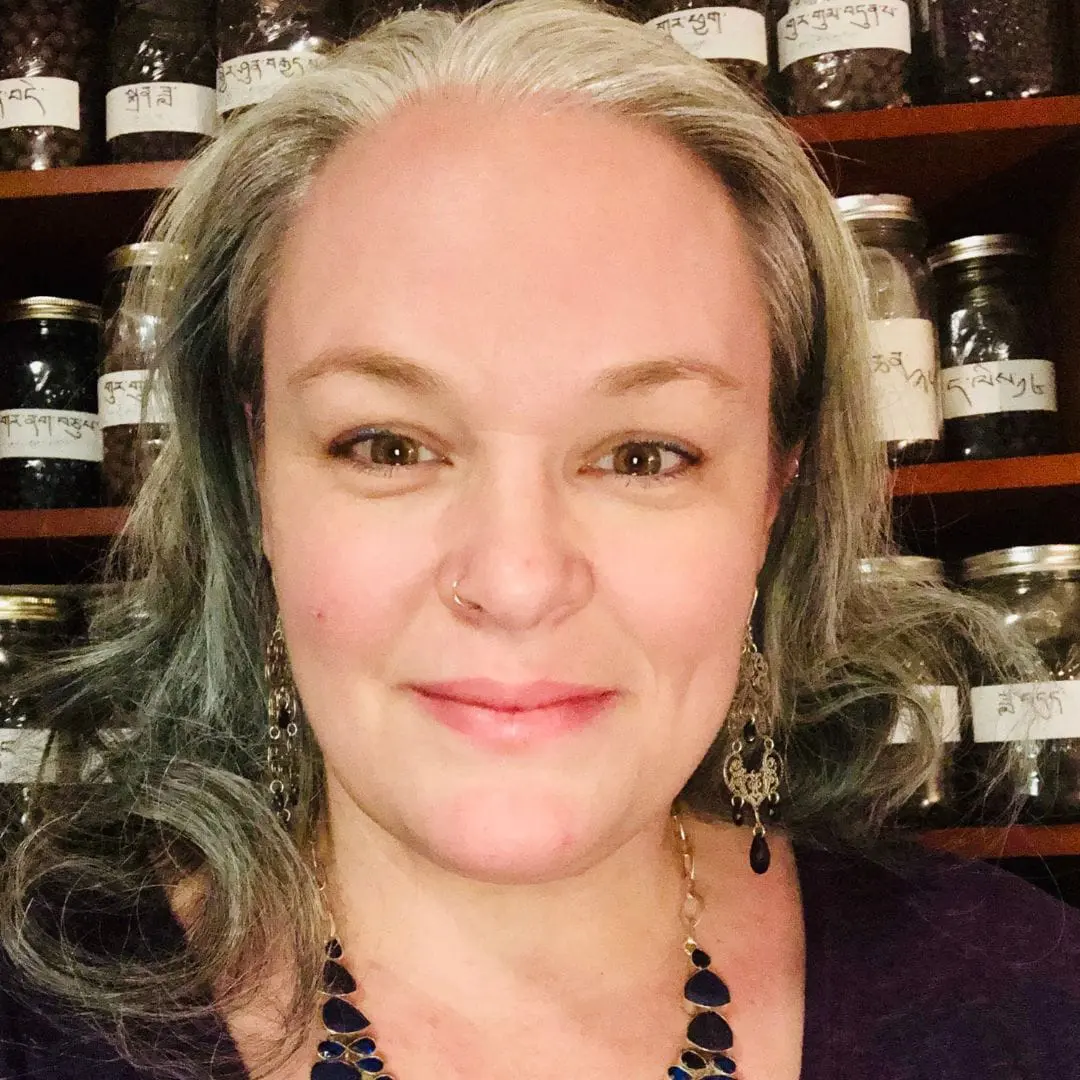Kalachakra and Western Psychology: Holistic Life Series
Description
Dr Adrian Hekel is a western medical practitioner in Coffs Harbour, New South Wales Australia, who specializes in psychological medicine and trauma therapy. He has also been a keen student of Tibetan Buddhism for almost 20 years, having worked with Khentrul Rinpoche and the Tibetan Buddhist Rime Institute for over 15 years. In this conversation, we will discuss how the principles of Kalachakra and modern psychology integrate and how we can explore our inner landscape through different lenses to a happier and more holistic existence.
Transcript
0:00 Introduction
0:08 What is Land of Shambhala
2:01 Dr. Adrian Hekel
8:45 How do external reality, internal reality and Kalackara relate to psychology
39:06 How do methods of psychology integrate spirituality in healing trauma
45:30 How do people cope with trauma
52:15 Kalachakra and modern psychology
1:00:16 Vajrasattva and modern psychology
1:03:02 Guru Yoga and modern psychology
1:13:56 Recovering from trauma: to forgive or to forget
1:17:12 Concept of Karma relating to psychology
1:19:41 End of Q and A
1:20:23 HOPE Awareness Coaching: Healing our Planet Earth
More Episode
Tibetan Medicine in Practice Self Care & Practical Applications
Tibetan medicine may indeed derive from thousands of years of Tibetan and Buddhist tradition, yet its essence is timeless. Learn what makes this unbroken Buddhist healing system work with grace, ease, and power to effect lasting change.
Join Menpa (Doctor of Tibetan Medicine) Nashalla G. Nyinda as she shares techniques that demystify and bring forward these profound practices. You need only look to the kitchen cabinet, your garden, and within to begin to apply basic principles of Tibetan Medicine into applicable and practical healing wisdom.

Dr. Nashalla Nyinda, Menpa, TMD, MA Acu LMT
Tibetan Medicine – The Science of Healing: Holistic Life Series
Traditional Tibetan medicine, known as Sowa Rigpa is one of the most ancient sciences being used for thousands of years. On the one hand, it relies on indigenous Himalayan knowledge and on the other hand, it includes a systematic syncretism that allows it to interact with all other medical traditions, even with modern day science. As health affects us all, it’s good to have some understanding of how to preserve balance and how to manage a disorder when it arises, and to be able to restore good health. In this talk we speak with Katy Otero who is a practitioner of Traditional Tibetan Medicine who studies with Dr Nida Chenagtsang in Europe.